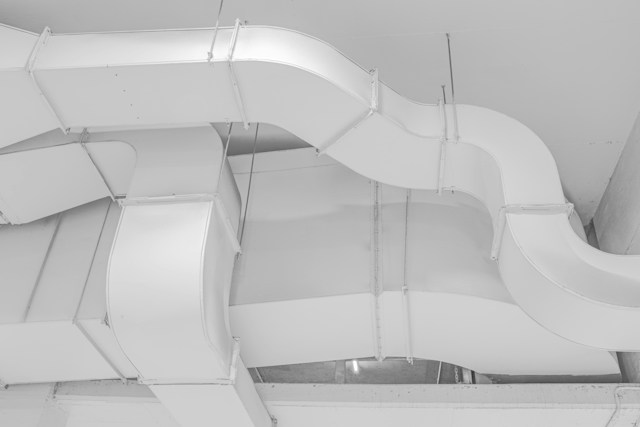Covestro hosted a workshop with construction experts to reimagine the design, construction, and operation of buildings with the aim of reducing their carbon footprint by 2030. Solutions like PU/PIR insulation material with ISCC-certified renewable content are already applicable today.
The upfront carbon challenge: The growing share of embodied carbon in buildings
Buildings account for 39% of global carbon emissions, with over a quarter of these emissions attributed to raw materials and the construction process itself. Despite gains in energy efficiency during the operational phase, the proportion of embodied carbon is on the rise, posing a significant challenge.
This trend is particularly evident in Europe’s “renovation wave”, where existing buildings will make up the majority of the building stock in 2050. Embodied carbon, including building materials, is projected to comprise 50% of the emissions footprint for new constructions and renovations by 2050, consuming a significant portion of the remaining carbon budget.
To address the upfront carbon challenge, Covestro convened 30 architects, planners, and construction experts for the workshop “The Path to Net Zero Embodied Carbon”. Facilitated by Eigenland® consultants, the interactive sessions explored strategies for reducing the carbon footprint in the building and construction industry.
The workshop examined the issue from four perspectives:
– Embodied carbon: reducing CO2 emissions throughout a building’s life cycle
– Upfront carbon: mitigating emissions in building material production and construction processes before the use phase
– Use phase embodied carbon: minimizing CO2 emissions during a building’s operational life
– End-of-life carbon: reducing emissions from building material deconstruction and reuse
Participants assessed Covestro’s theses on the status of the building industry in 2030, providing insights into a realistic scenario for the future and prioritizing actions to address carbon emissions challenges. Discussions also highlighted the role of Covestro’s climate-neutral* MDI raw materials for rigid PU/PIR foam insulation in facilitating the low-carbon transition.







